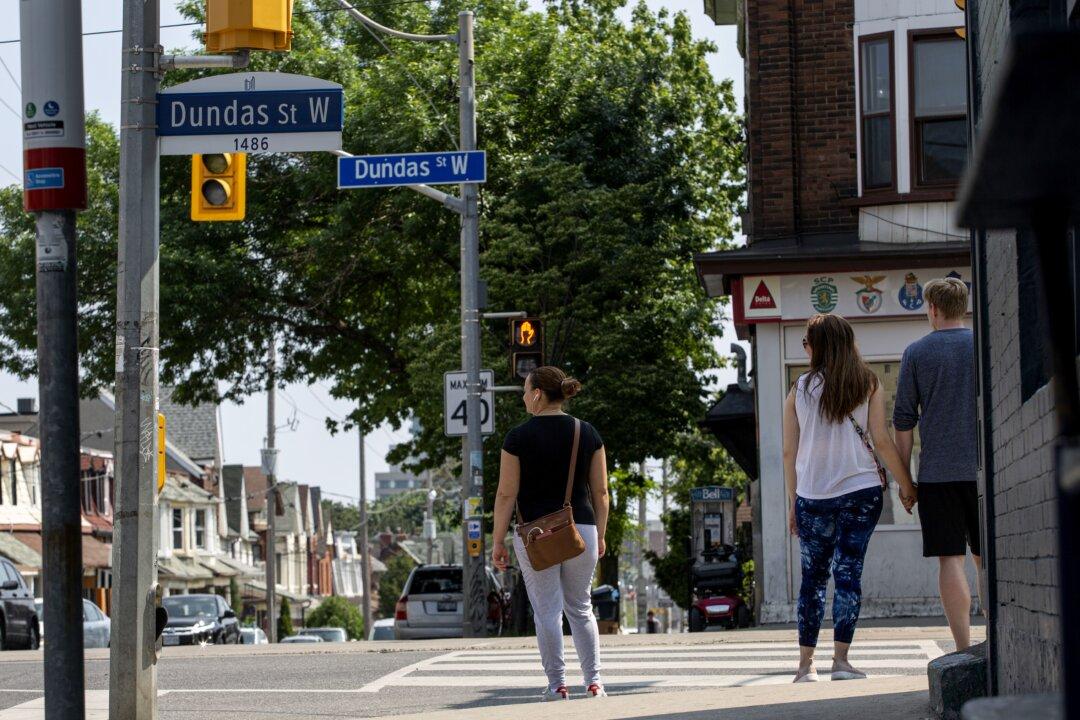The pushback against renaming Toronto’s Dundas Street gained momentum recently after three former mayors spoke out in opposition to it, and a distant relative of Henry Dundas has renewed hope the proposal will be scrapped.
Jennifer Dundas, a retired crown prosecutor and former CBC reporter, has spent years reading through scholarly articles, books, official records, and journal entries related to the prominent British politician Henry Dundas (1742–1811).





